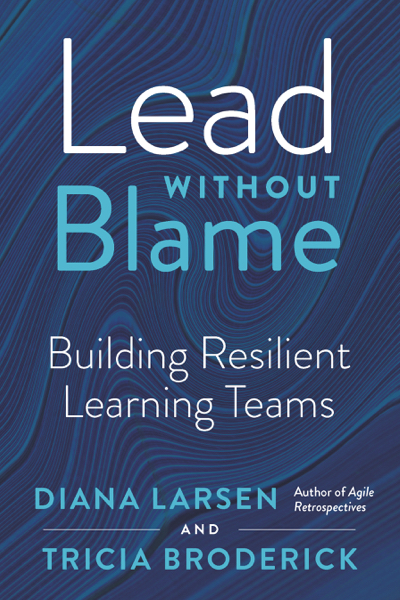Within Agile communities, leaders have been informed that they should be asking powerful questions. From Co-Active (CTI):
Powerful questions are provocative queries that put a halt to evasion and confusion. By asking the powerful question, the coach invites the client to clarity, action, and discovery at a whole new level. These generally are open-ended questions that create greater possibility for expanded learning and fresh perspective.
Sounds great! If leading is helping people unlock what they already know to build the ownership to move forward, a powerful question seems like the perfect solution. Unfortunately, a question is not guaranteed to be powerful. The exact same question in one scenario can provide an aha moment and then in another scenario result in only more confusion.
Now can you take a list of powerful questions and eventually say one that hits? Probably. However, be prepared for how painful this experience may be for both you and the person you are coaching.
On the other hand, can you say a question not on anyone’s powerful questions list and get results? Absolutely.
Sure there are definitely tips to helping questions be more powerful in general: open-ended, not just asking why, etc. That said, the real power in questions doesn’t come from the question; it comes from the connection and investment in order to ask the question.
A key word in the description is “provocative”. Provocative, in this context, means challenging beyond the expected. I can only do this successfully when I’ve built safety with mutual trust and respect. In order to be given the benefit of the doubt that my challenge is in their best interest. That my connection and investment in their growth is a priority to me too. If I challenge someone without this foundation, the result is hit or miss. The timing and location has to be optimal. The question has to be exactly the question that need to hear.
Here’s my approach in learning and utilizing powerful questions:
1.) Get a small list of powerful qusetions. Consider this your “backup question options in case your mind goes blank”
2.) Set a goal to be curious: only ask questions during a coaching session
3.) Listen, not internally listen to determine your next question, but focused listening on what they are saying.
4.) Ask questions that help them explore for an answer. Yes, simply adding the “help them explore” will guide your questions.
5.) Retrospect on the session.
6.) Repeat 🙂
Are you focused too much on the question part of powerful questions?




